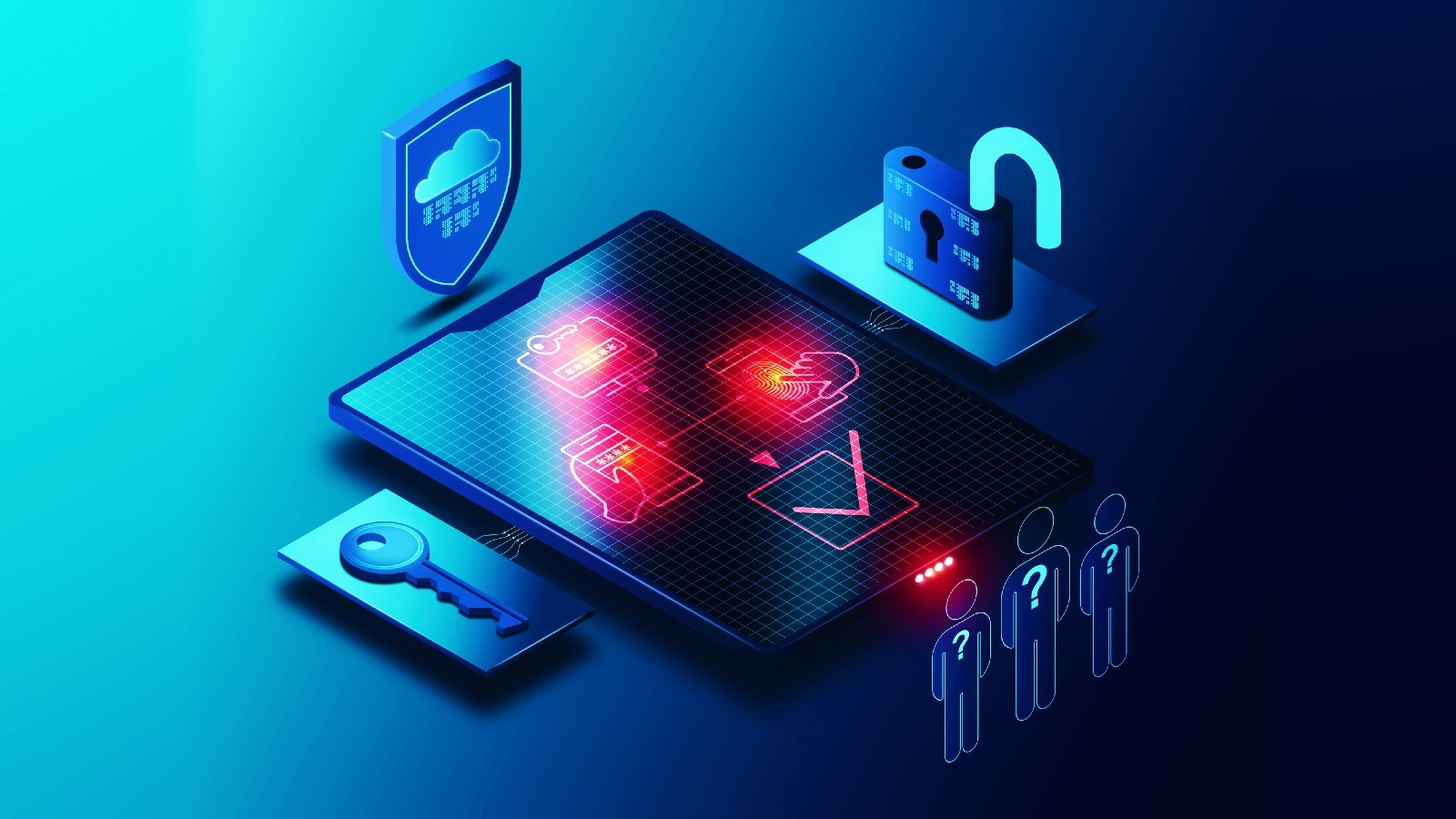
December 17, 2023 at 04:44PM
Summary:
Receiving an unprompted one-time passcode (OTP) in an email or text suggests stolen credentials, highlighting the theft of legitimate corporate network access. Cyberattacks exploit these credentials for data theft, espionage, ransomware, and financial fraud. Multi-factor authentication (MFA) enhances security, reducing successful breaches but caution is advised with SMS and email-based 2FA methods.
It seems that the main discussion in the meeting was about the importance of multi-factor authentication (MFA) in securing online accounts. The notes emphasize the risk of receiving unprompted one-time passcode (OTP) codes, which could indicate that credentials have been stolen.
The meeting also highlighted the prevalence of stolen credentials being sold on the dark web, particularly for well-known online retail accounts, for as little as $1.50. It’s mentioned that to better secure accounts, many companies offer MFA, which can significantly reduce the risk of successful account breaches, even if threat actors obtain account credentials.
The notes also discussed a specific scenario where individuals received an unprompted MFA OTP from Amazon, indicating a potential attempt to access their accounts using stolen credentials. In such cases, it’s recommended that the account holders assume their credentials were stolen and take immediate action to change their passwords and enable additional security measures.
The meeting also reiterated the risks associated with using SMS and email for MFA, as these methods can be vulnerable to attacks such as SIM swapping and email compromise. It’s suggested that using authentication apps, hardware security keys, or passkeys provides better protection.
Overall, the meeting notes emphasize the importance of MFA in mitigating the risk of unauthorized account access and the need for proactive measures to secure online accounts.